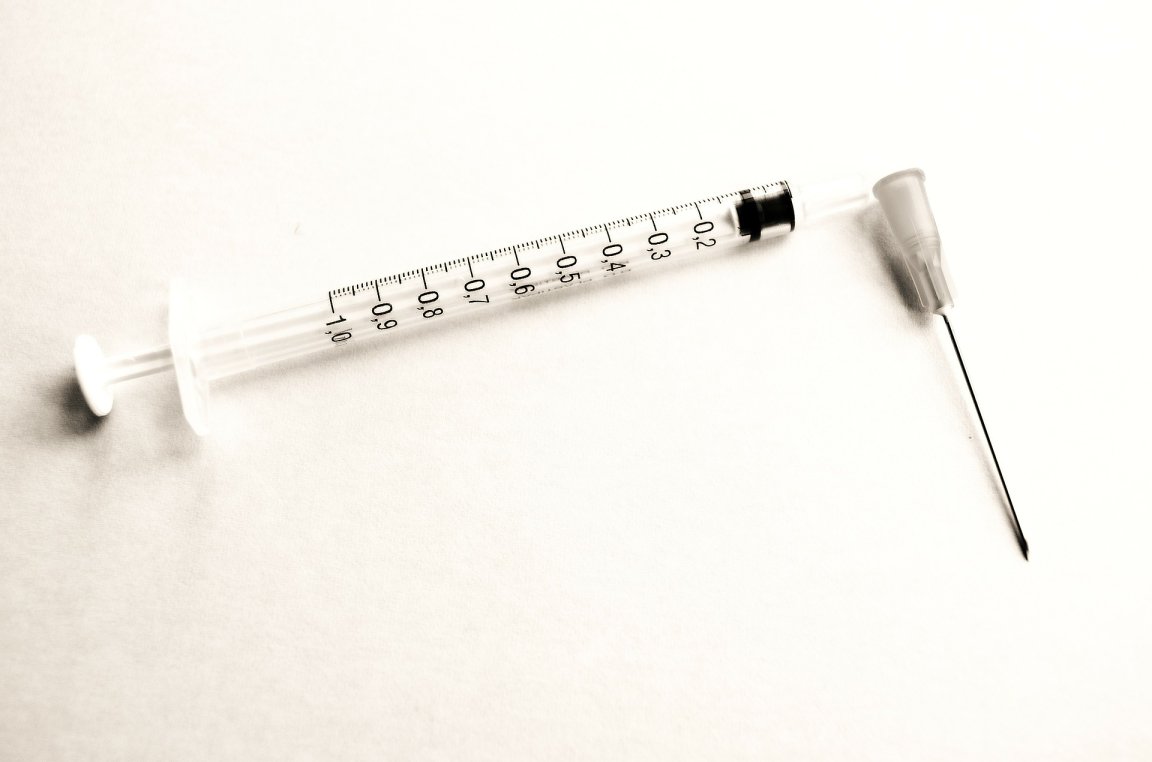
Better Protected
For healthy people, pneumonia isn’t typically a life-threatening illness – but for anyone in less-than-good health, children, or the elderly, it can have life-threatening effects. That’s why a vaccine to prevent the infection is in such high demand.
Between 2004 and 2015, the World Health Organization’s annual estimates for the number of children killed by pneumonia worldwide dropped from two million to one million. And, while the availability of antibiotics and widespread improvements to nutrition account for some of this decline, the introduction of powerful vaccines in the early 2000s is considered the largest contributor.
These vaccines are capable of targeting up to 23 of the deadliest forms of Streptococcus pneumoniae, the bacterium that infects people with pneumonia. A new vaccine is now being developed that could increase that number to 72, including all 23 forms previously covered.
“We’ve made tremendous progress fighting the spread of pneumonia, especially among children,” said Blaine Pfeifer, Ph.D., co-lead author of the study. “But if we’re ever going to rid ourselves of the disease, we need to create smarter and more cost-effective vaccines.”
The vaccine, which has proven to be effective in tests with lab animals, has been described by its creators as providing the “most comprehensive” coverage of pneumococcal disease to date.
Preventing Pneumonia
The current crop of pneumonia vaccines typically work by attaching a protein called CRM197 to sugars called polysaccharides that are present in each strain. And, while this technique is very effective, creating the necessary bonds takes time and money. Furthermore, it removes the bacteria that’s being targeted from the body entirely, whether or not it’s actually on the attack.

“We now know that bacteria — and in a larger sense, the microbiome — are beneficial to maintaining good health,” commented co-lead author Charles H. Jones, PhD. “What’s really exciting is that we now have the ability — with the vaccine we’re developing — to watch over bacteria and attack it only if it breaks away from the colony to cause an illness. That’s important because if we leave the harmless bacteria in place, it prevents other harmful bacteria from filling that space.”
As a result of the way that the vaccine is engineered, it should be relatively easy to add more sugars to offer an even broader immune response. This could be crucial in years to come, as the strains of S. pneumoniae and other pneumococcal diseases currently prevalent could give way to other strains in the future.
Pfeifer stated that the team expects the vaccine to potentially provide “universal coverage” against the bacteria responsible for pneumonia, meningitis, and sepsis, among other diseases. If this is truly the case, it could save countless thousands of lives a year.